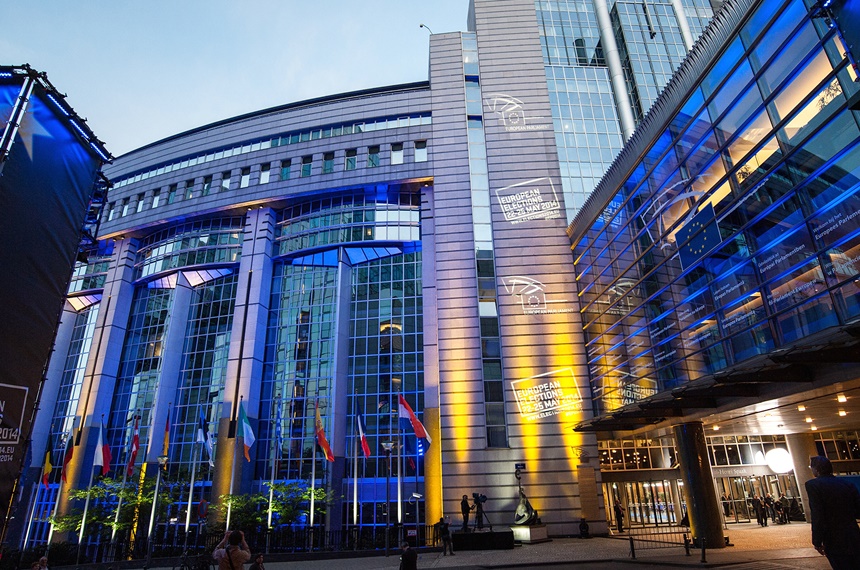
European Parliament adopts binding law on conflict minerals
On March 16th European Parliament adopted a new law obliging importers of minerals to ensure that their business does not contribute to armed conflicts in certain areas of the world.
We all use electronic devices like mobile phones, but where do the materials that make them come from? Tin, tungsten, tantalum and gold are the four most common 'conflict minerals', known collectively as 3TGs. Their mining causes insecurity and human rights abuses in many regions. Armed groups clash over their illegal trade. Fairphone is one manufacturer which takes responsibility to ensure its supply chains extract minerals lawfully. The European Parliament is pushing for more transparency in supply chains through mandatory OECD due diligence systems.
After two and a half years of debate, the European Parliament adopted the new rules on mineral imports from conflict zones, which will come into force in 2021. This new law, which will apply across all EU member states, will oblige importers of tungsten, tantalum, tin and gold to ensure their supply chains are not linked to armed conflicts in the Democratic Republic of Congo (DRC) or in Africa’s Great Lakes region, where mines are often controlled by armed groups.
The new regulation requires:
- that companies engaged in the import and processing of minerals such as gold, tungsten, tin and tantalum, check their supply chain and take action if they find human rights violations and financing of armed conflict
- that the country of origin of minerals will not be the sole indicator of risk; it is necessary to check the supply chain, including conditions in mines and transport
Watch the full video here.
Sources: EuroparlTV, Euractiv
Author: Ekvilib Institute

Follow us on